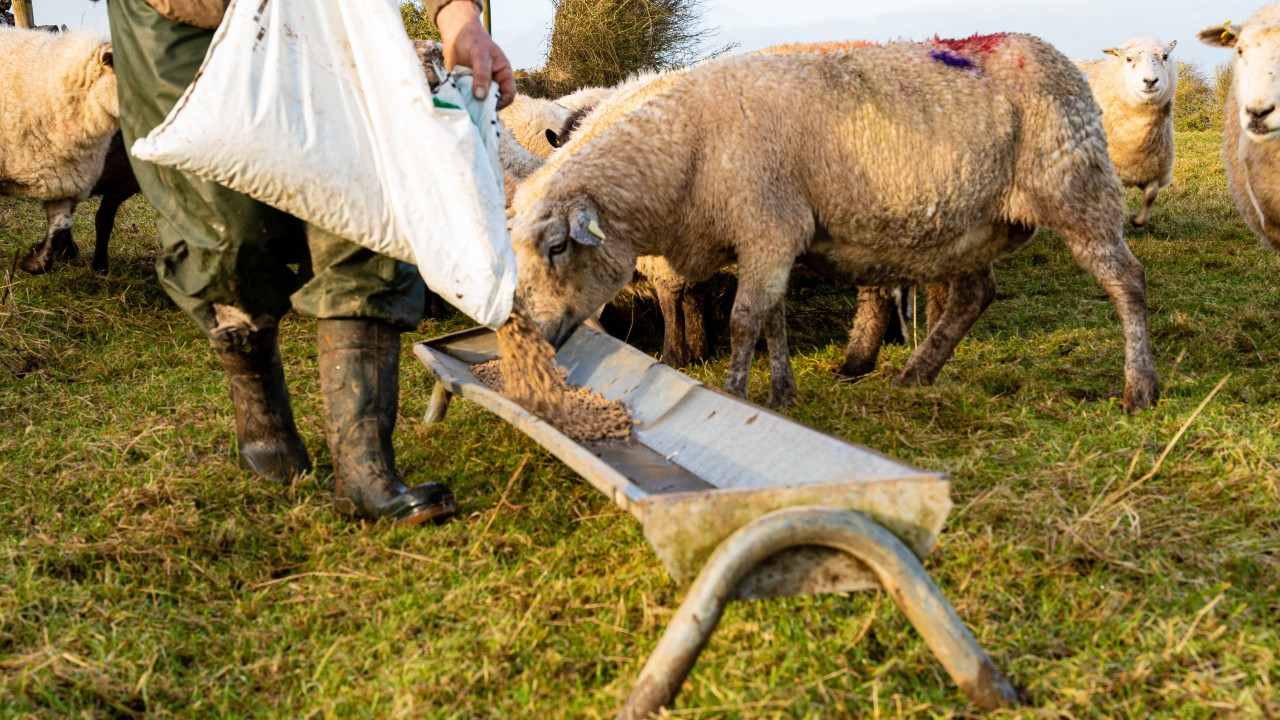Northern Ireland Agricultural Consultants Association has called for farmers to be allowed to provide additional evidence at Stage 2 of DAERA’s decision review process.
NIACA chairman David Rankin gave evidence on behalf of the group alongside Jim Carmichael from the Northern Ireland Agricultural Producers Association (NIAPA) at the Stormont Agriculture Committee on Thursday (March 11).
Rankin called for “more transparency” in the appeals procedure and said the current process caused farmers significant stress, often affecting their mental health.
“[DAERA staff] appear to be protecting each other,” Rankin said.
‘One sided’
“We feel this would be an opportune time to look at how the whole [Review of Decisions] process is conducted,” he said.
“When farmers are appealing a DAERA decision, they receive a large file of all the EU regulations which nobody outside the department would have ever seen. And definitely not the vast majority of farmers.”
Rankin outlined details of one case he was working on where the case file came to 172 pages.
“And that was only for a small farmer trying to prove he is an active farmer. What would it be like for those of the bigger appeals – e.g. the Barnwell Farms appeal?
This is definitely off-putting and to me suggests it is one-sided, as the interpretation of the law resides with DAERA.
“We have an ageing farmer population who don’t know or understand all this jargon.”
Additional information
Rankin explained current department rules do not allow additional information to be provided to the panel.
“The panel sits and looks at the case with all the information that DAERA has provided and gives the farmer or their agent the opportunity to put their arguments forward,” he said.
“However, as one panel member told me at a recent interview, we are here to ensure DAERA has correctly administered the rules on the legislation, when I heard that I felt like we were wasting our time.
Everything was administered correctly but there were many other reasons why the case could possibly result in a positive outcome.
“I feel that the panel should be deciding if the panel or farm business is right or wrong.
“I know in one case, where DAERA overturned a panel decision that was in favour of the farmer. The explanation they gave was that further information was taken into account. It just doesn’t seem fair.
“Therefore, at the Agricultural Consultants Association, we think that additional information should be allowed prior to the Stage 2 independent panel sitting but restricted to be submitted at least two or three weeks prior to the panel meeting.”
NIAPA views
Carmichael said there needed to be more agricultural experience on the independent panel and said the panel’s decision should be final.
“We want the panel’s views to be adhered to,” he said.
“If it is necessary that there needs to be a body which could come in and oversee this – someone needs to look at funding that body of course.
“There will be lesser need for a supreme panel if we could get the proper grounding for an independent panel – and I’m talking from a members’ perspective.”

